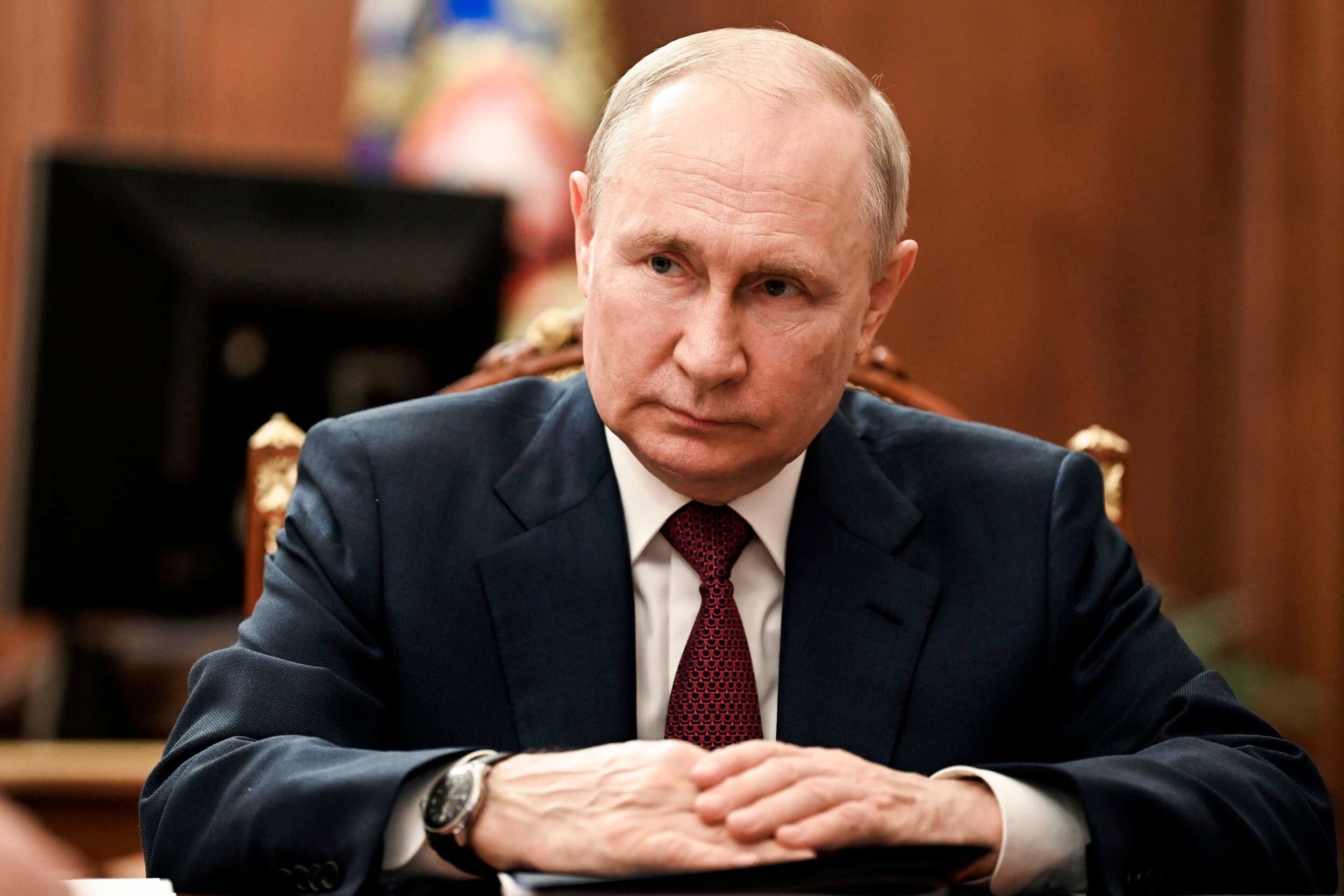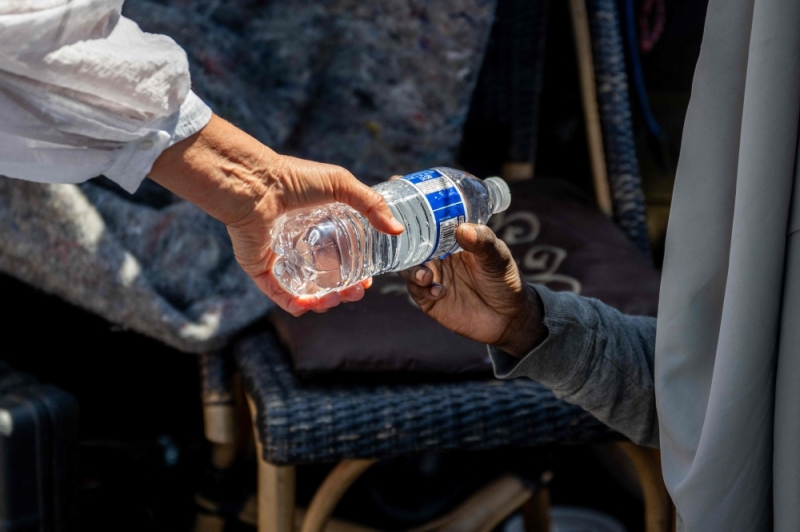In a strong response to the United States’ controversial decision to send cluster bombs to Ukraine, Russian President Vladimir Putin asserted that Russia possessed an ample supply of such munitions and would not hesitate to employ them if necessary. President Putin condemned the use of cluster bombs as a crime but emphasized that Russia reserved the right to take reciprocal action if these munitions were deployed against Russian forces in Ukraine.
Ukraine Receives Cluster Bombs from the United States
Ukraine announced on Thursday that it had received a shipment of cluster bombs from its primary military supporter, the United States. The US justified the delivery by claiming that these munitions were necessary to compensate for the shortages of shells faced by Kyiv’s forces, who are currently engaged in a counteroffensive.
Cluster Munitions Raise Global Concerns
Cluster munitions have been banned in over 100 countries due to their tendency to indiscriminately release numerous smaller bomblets, resulting in widespread casualties. These unexploded bomblets can remain a danger for decades, posing a particular threat to children. Despite the ban, Ukraine expressed its intention to employ cluster bombs to dislodge enemy concentrations within its territory while asserting that it would not use them on Russian soil.
Putin Warns of Reciprocal Action
President Putin, speaking on state television, acknowledged that Russia had a substantial stockpile of various types of cluster bombs but had refrained from utilizing them thus far. Nevertheless, Putin categorically stated that if cluster bombs were employed against Russian forces in Ukraine, Russia reserved the right to respond in kind. He firmly condemned the use of cluster bombs as a crime, emphasizing that Russia had not resorted to their use despite its own past ammunition shortages.
As tensions between Russia and Ukraine persist, the potential use of cluster munitions adds a new dimension to the already volatile situation. The international community closely watches the developments, expressing concerns over the humanitarian consequences of such weapons and the possibility of further escalation.
















